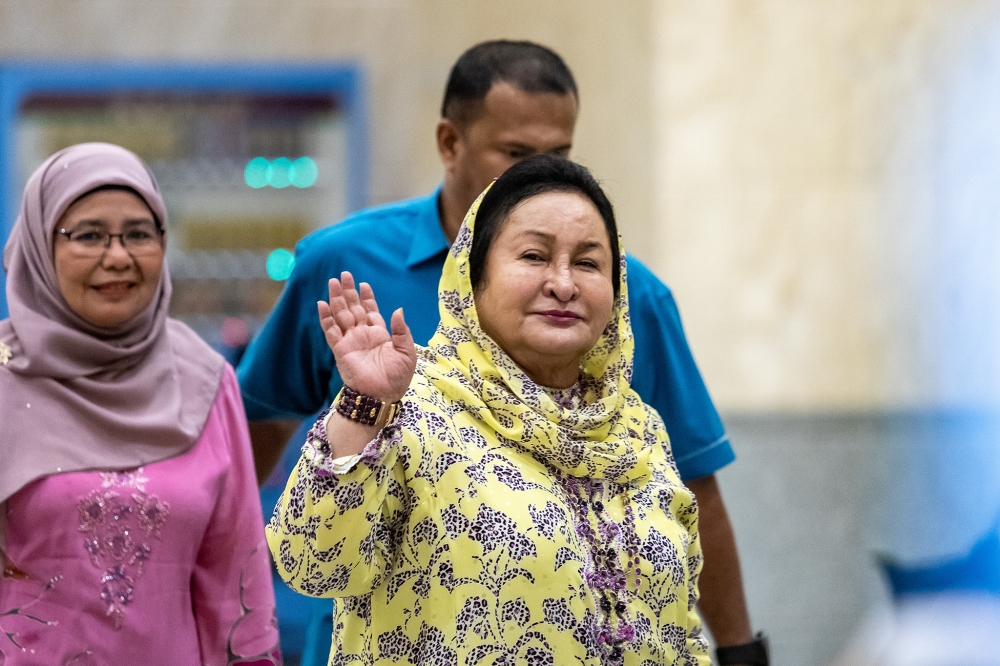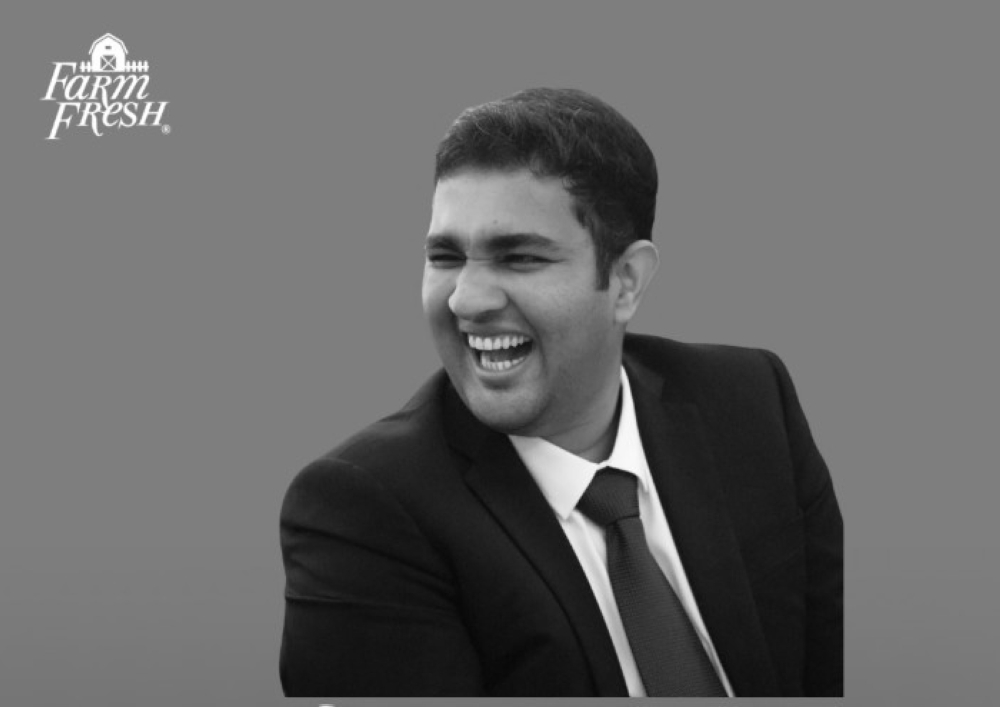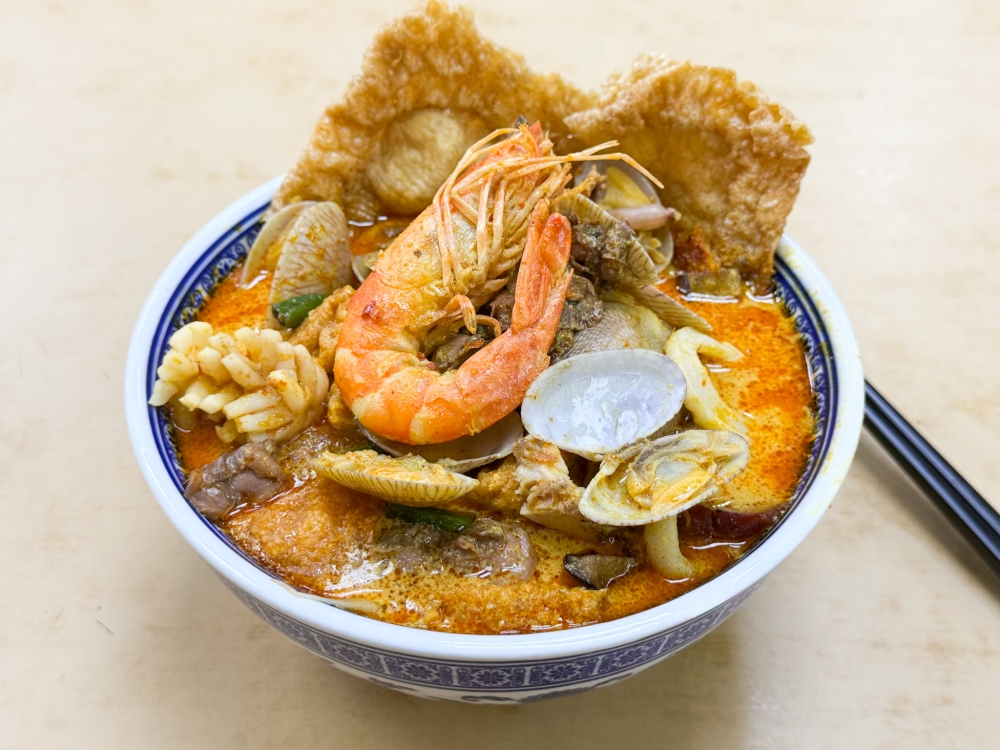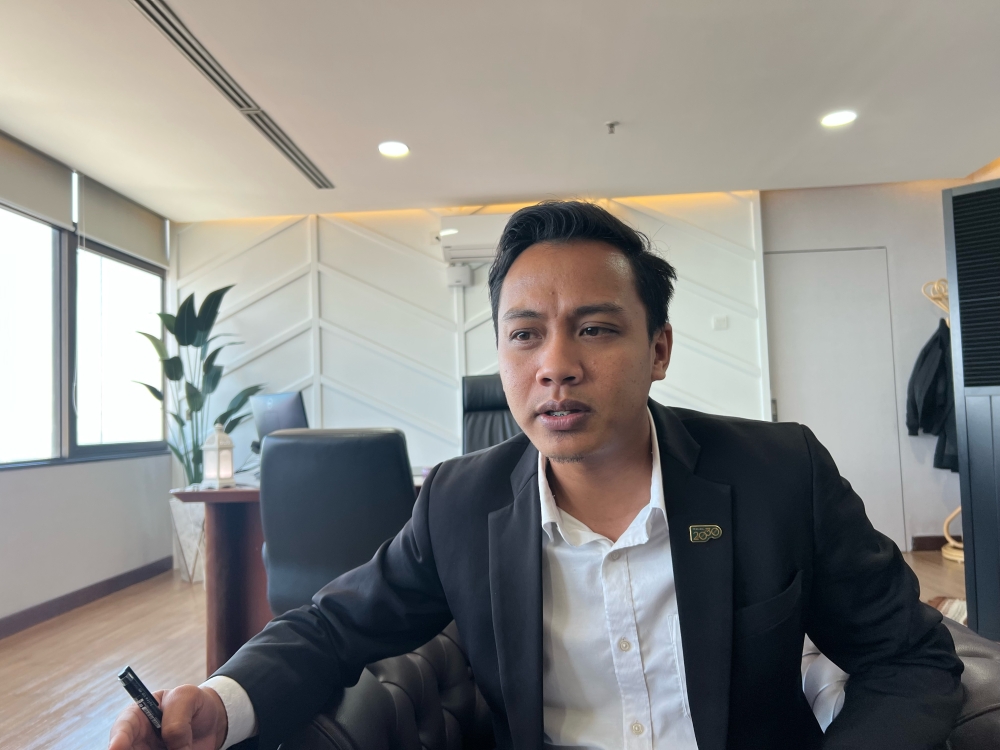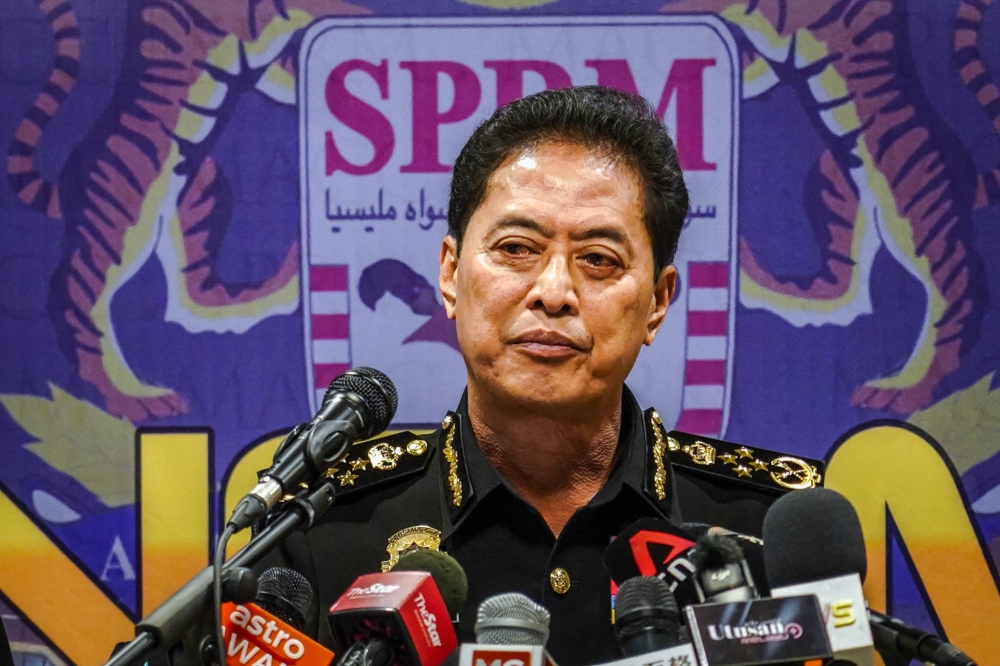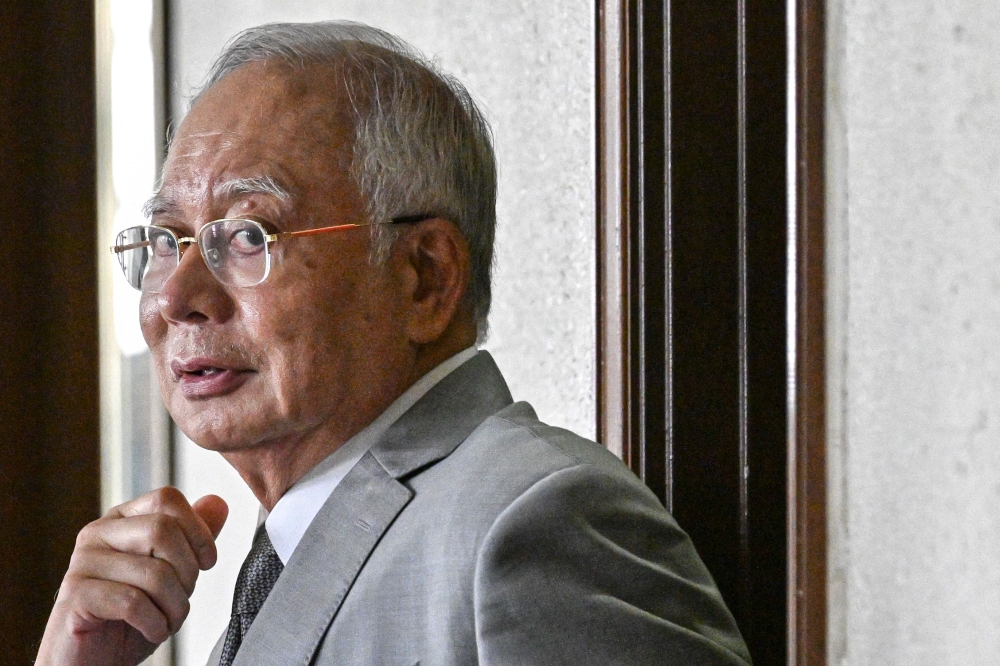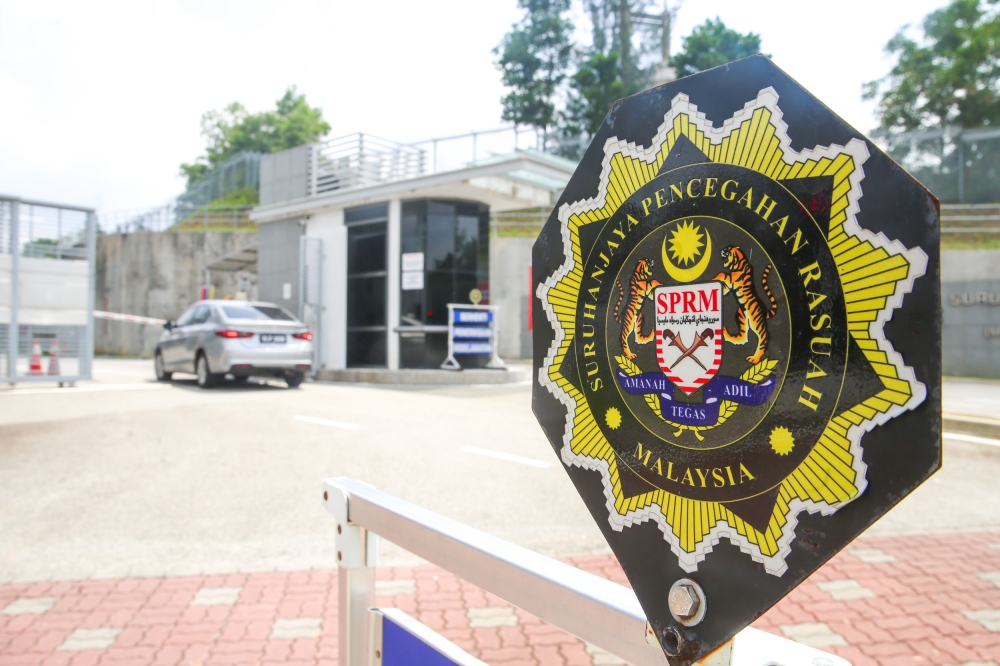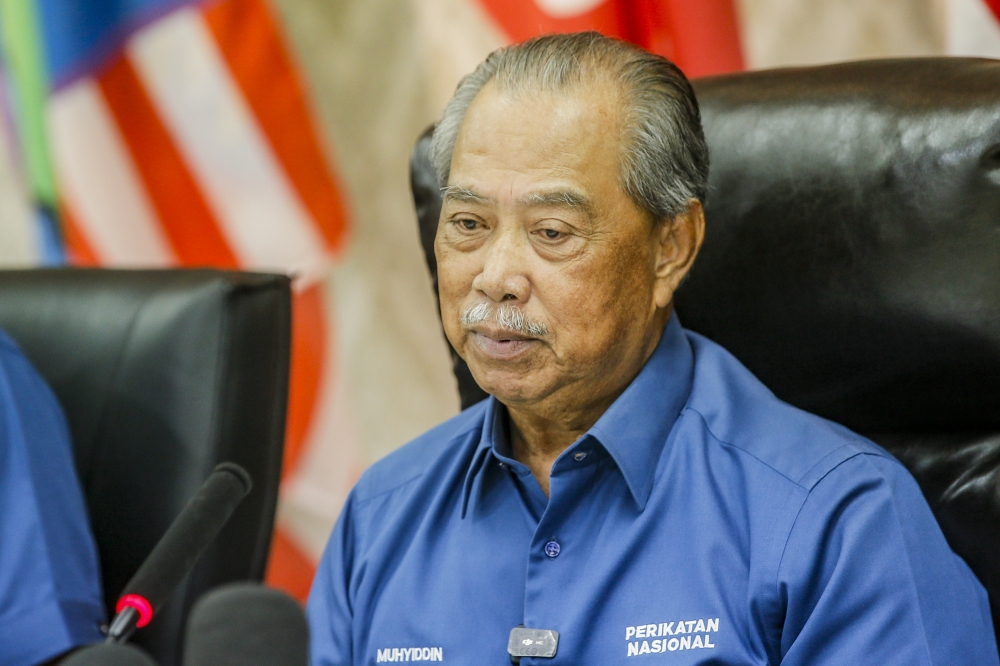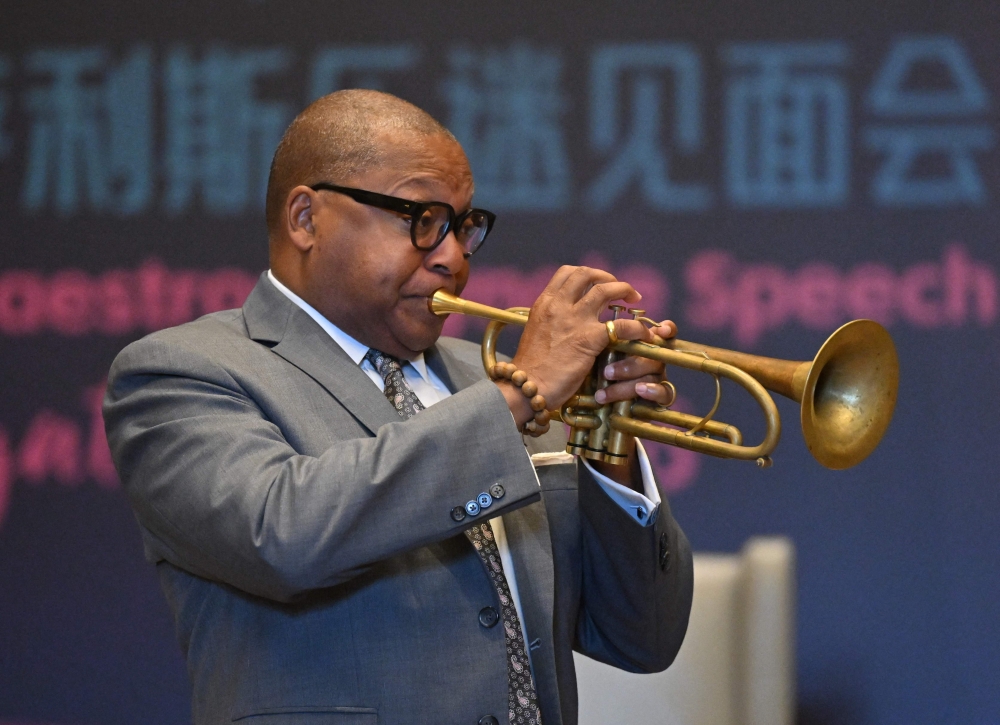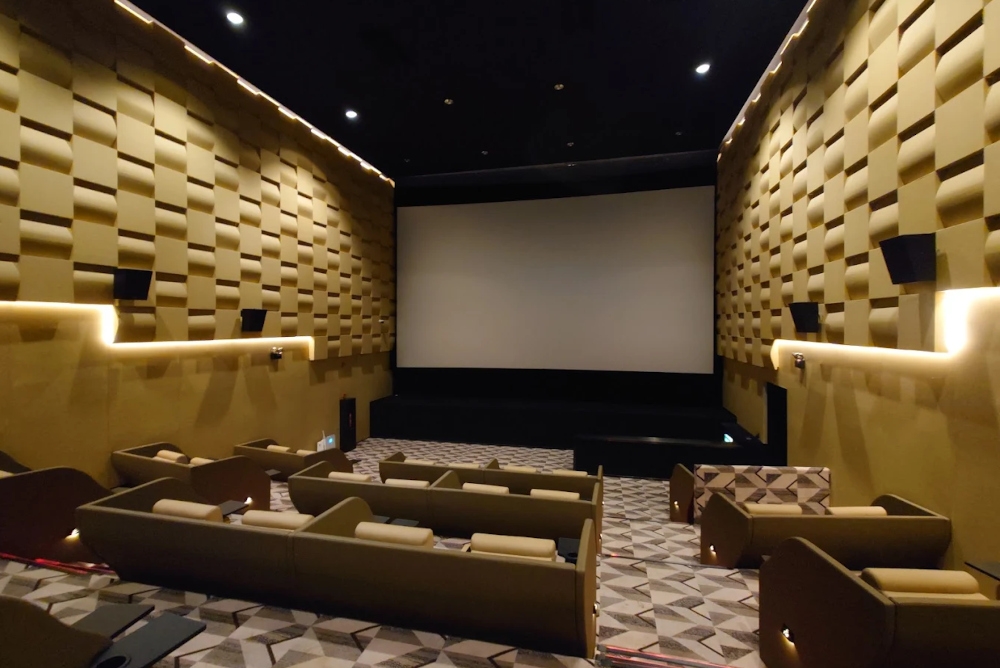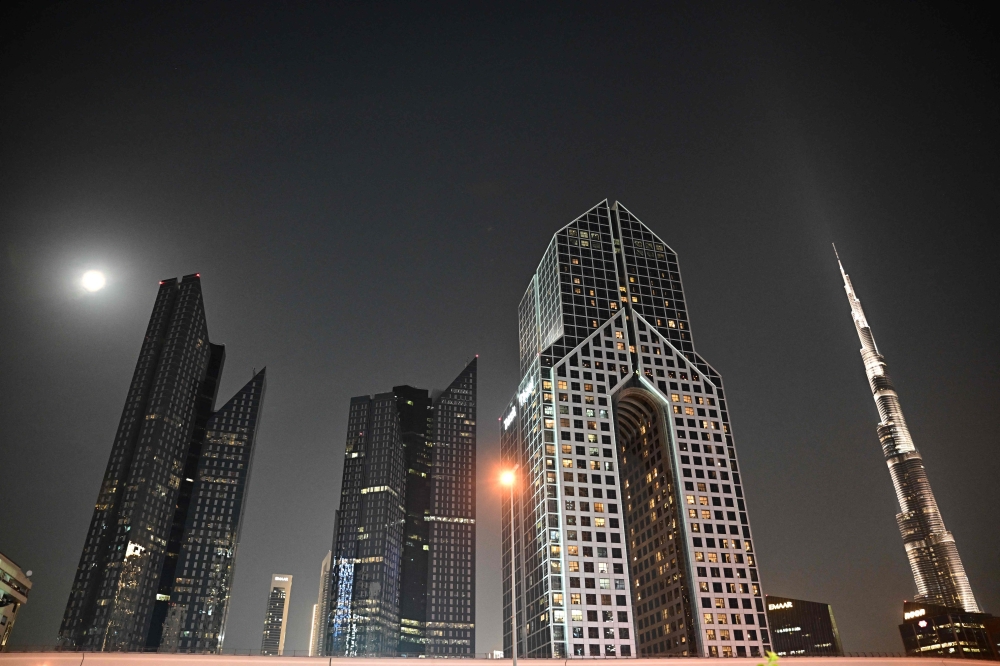BEIJING, Oct 9 — Renowned American trumpeter and composer Wynton Marsalis believes the universal language of jazz can bridge divides with a common story of humanity.
Marsalis—who sat down with AFP in Beijing as he kicked off a series of performances in China—has charted a decades-long career that has seen him win nine Grammys and tour the world with his Jazz at Lincoln Center Orchestra (JLCO).
The 62-year-old is a passionate educator, often emphasising the power of jazz as a way to heal social and political woes.
“The art of jazz is the art of achieving balance,” Marsalis told AFP.
“There’s nothing that the world needs more at this time than to be able to communicate differences of opinion,” he added.
Born in 1961 into a family of celebrated musicians, the New Orleans native grew up immersed in the American South’s rich cultural heritage.
Marsalis originally intended to pursue classical music as his primary profession, enrolling in New York’s prestigious Juilliard School in 1979.
But he soon reconsidered, landing early partnerships with towering figures in jazz including Art Blakey and Herbie Hancock before embarking on his own career.
Pathways ‘to communicate’
“I draw inspiration from everywhere,” said Marsalis.
“It could be from a pretty lady, it could be a poem that I read, it could be the way a person speaks,” he added.
“I can write frivolous things that are just happy and then I can write very serious things that are about serious subjects like life and death and prejudice and ignorance.
“I don’t feel relegated to one or the other.”
Throughout his decades in the limelight, Marsalis has not shied away from using his musician’s perspective to shine a light on touchy political issues.
He compared recent tensions between the United States and China to his own childhood experiences.
While growing up, “my brother could not sleep without music on, and I could not sleep with music on. We have to figure out how to achieve balance.
“I don’t go to other people’s countries to proselytise or tell them what they should be doing.
“I’m a guest, and I come there trying to figure out what it is that we have in common that I can accentuate to ease the pathways for us to communicate.”
‘Crisis of identity’
Marsalis called the upcoming US presidential election—a bitterly contested matchup pitting former president Donald Trump against current Vice President Kamala Harris—“a crisis of identity”.
Marsalis has been a vocal critic of racism in the United States, once referring to Trump’s call to build a wall on the southern border to keep Mexican immigrants out as “cheap populism”.
But he has also encouraged broad-mindedness, angering many in 2017 when he offered to perform at Trump’s inauguration following his shock victory.
This year’s presidential contest represents “a referendum on the soul of the country,” Marsalis told AFP.
The veteran jazzman has a reputation for respecting history and tradition, having once eschewed the introduction of electric sounds in the genre popularised in the 1970s by innovators like Miles Davis.
Marsalis’s reverence for the heritage of his craft is deeply personal.
His father—Ellis Marsalis Jr., also a New Orleans native—was a prominent jazz pianist and educator. He passed away in 2020 from Covid at the age of 85.
Marsalis says he doesn’t have a strong ambition to shape the way history will remember him.
“I’m part of a legacy,” he explained.
“My father, he passed away, but I try to live up to what he did and continue things.
“There are going to be other people who will do things, and they’ll do significant things.
“The world is a very complicated place.” — AFP

